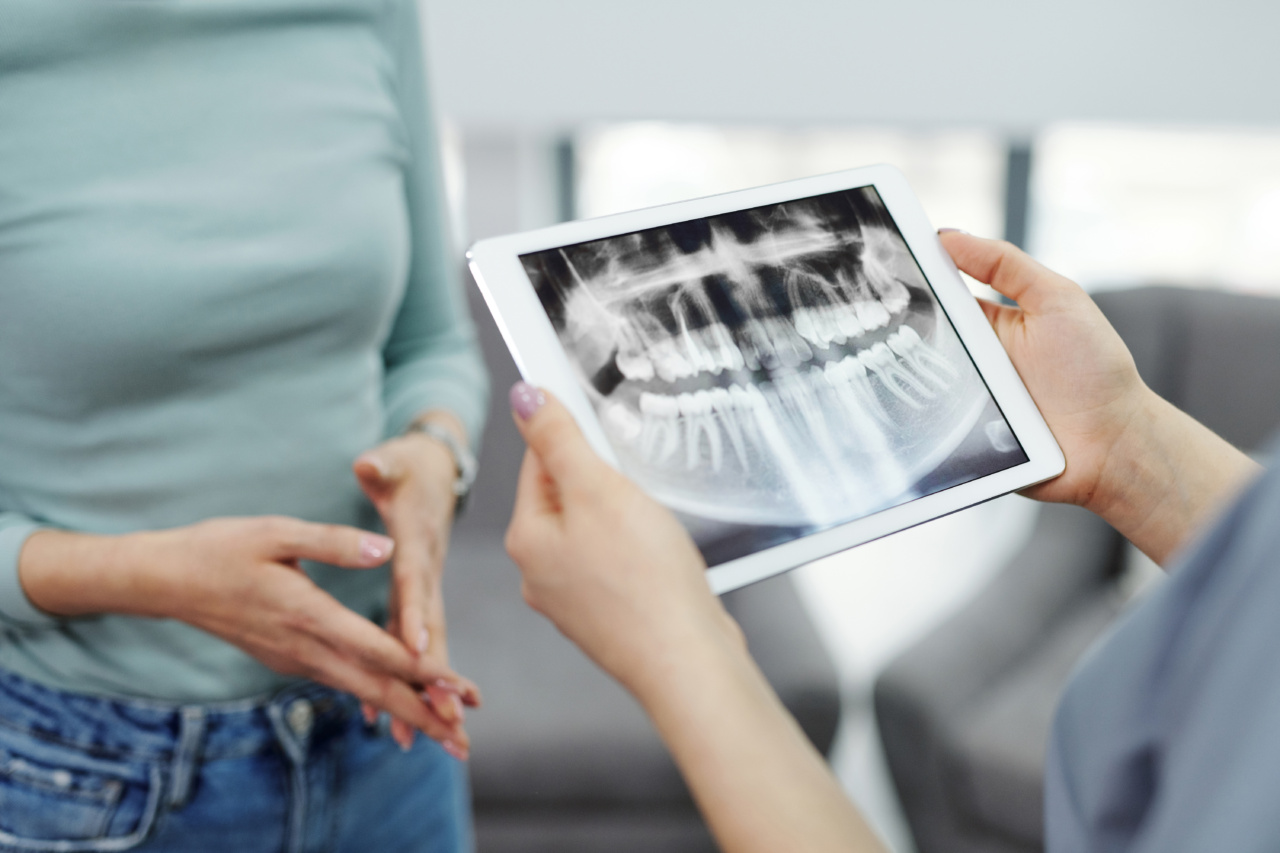Dental care is an important aspect of overall health, but for pregnant women, there are concerns about the safety of certain procedures and treatments. One such concern is whether dental X-rays are safe during pregnancy.
This article aims to provide information on the topic, addressing any potential risks and offering insights into the best practices to ensure the well-being of both the mother and the developing baby.
Understanding dental X-rays
Dental X-rays, also known as radiographs, involve the use of low doses of radiation to capture images of teeth, gums, and bones in the mouth. These images help dentists to diagnose and treat various dental issues.
There are different types of dental X-rays, such as bitewing, periapical, panoramic, and cone-beam CT scans, each serving a specific purpose.
The potential risks of dental X-rays during pregnancy
One of the main concerns with dental X-rays during pregnancy is the potential harm caused by radiation exposure.
While dental X-rays do emit radiation, the levels used in routine dental procedures are relatively low, and the exposure is localized to the oral area. However, it is essential to adopt precautionary measures since any exposure to radiation can have adverse effects on fetal development.
Evidence-based guidelines
Various dental and medical organizations, including the American College of Obstetricians and Gynecologists (ACOG) and the American Dental Association (ADA), have provided guidelines regarding dental care during pregnancy.
These guidelines emphasize the importance of maintaining optimal oral health while minimizing potential risks to the fetus.
Precautions and safety measures
To ensure the safety of both the mother and the developing baby, dentists and healthcare professionals take certain precautions when performing dental X-rays on pregnant women. These precautions include:.
- Using lead aprons with thyroid collars: Lead aprons help shield the abdomen and reproductive organs of the mother, while thyroid collars provide additional protection for the thyroid gland.
- Using high-speed film or digital X-rays: These techniques require shorter exposure times, reducing the overall radiation exposure.
- Only performing X-rays when necessary: Dentists follow a conservative approach, considering the potential benefits and risks before proceeding with any X-ray procedures.
Alternative diagnostic methods
In some cases, dental X-rays may not be entirely necessary during pregnancy. Dentists may choose alternative diagnostic methods to minimize radiation exposure.
These methods include visual examination, a thorough history of the patient’s dental health, and the use of lower-radiation imaging techniques, if required.
Trimester considerations
During pregnancy, the developmental stage of the fetus plays a role in determining the potential risks associated with dental X-rays.
As a precautionary measure, it is generally advisable to avoid dental X-rays during the first trimester when major organ development occurs. However, if urgent dental treatment is required, the benefits and risks should be evaluated on an individual basis.
In the second and third trimesters, the fetus is less susceptible to potential harm from radiation exposure. Dentists may proceed with dental X-rays if necessary, following the aforementioned precautions and safety measures.
Justification for dental X-rays during pregnancy
While dental X-rays are generally avoided during pregnancy, there are instances where they may be deemed necessary for diagnosis and treatment planning.
Untreated dental issues, such as infections or severe tooth decay, can pose risks to the mother’s overall health and potentially affect the developing baby as well. By weighing the risks and benefits, a dentist can determine the necessity of conducting dental X-rays.
Conclusion
When it comes to dental X-rays during pregnancy, the primary concern is the potential risks associated with radiation exposure.
However, with the implementation of proper safety measures and adherence to evidence-based guidelines, the risks can be significantly minimized. Dentists and healthcare professionals strive to provide optimal dental care while prioritizing the well-being of both the mother and the developing baby.
It is crucial for pregnant women to communicate openly with their dentists, discuss any concerns, and make informed decisions regarding their dental health during pregnancy.

























